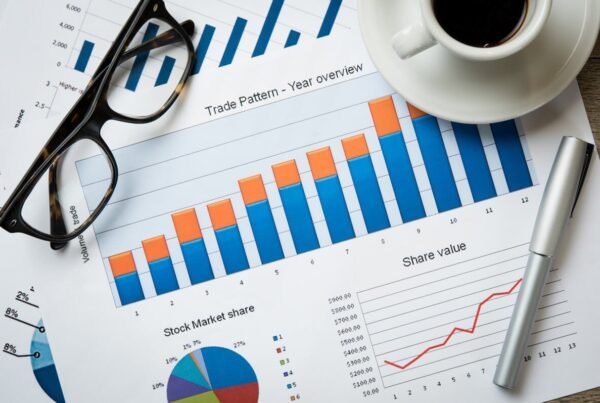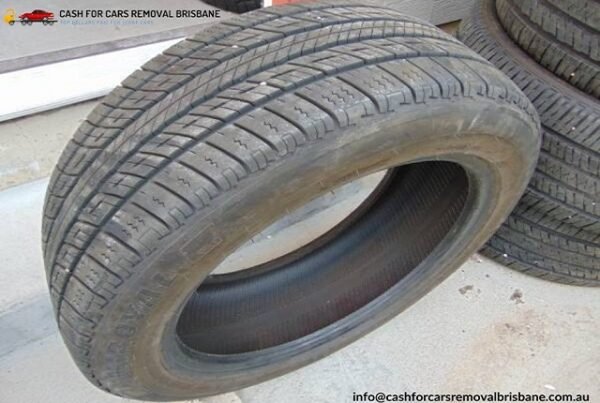Water sustainability in Australia and around the whole world is truly important. Whether or not you know it, we are living on a water planet. It covers approximately 71% of the surface of the earth. Even humans are more than 60% water. We can survive only a couple of days without water, while we could survive for several weeks without food. Water is crucial in getting us supplied with shelter, food, and several other everyday needs. For instance;
- We need 1000 tons of water to produce just 1 ton of grains.
- We need 40,000 litres of water to produce one automobile.
- We need 90,000 litres of water to produce just one kilo of grain-fed beef. We can surely save a lot more water by decreasing our intake of grain-fed beef by just 1 kilo yearly than by foregoing our everyday shower for nearly 2 years.
Also, water takes out water-soluble wastes and regulates the global climate.
Poor water management
In spite of the importance of water, we still manage it very poorly. Water firms charge too little to ensure it is available, which boosts pollution and waste. We might see sharper rises in the price of the essential commodity in the future to help stop this. We could even see water becoming the source of conflicts in the not-too-distant future, particularly in regions like the Middle East, where there are just too many water sustainability issues, and in which so many nations are reliant on the Nile River, the sustainability of which is being managed very poorly.
What we can do
So, we now understand why the sustainability of water happens to be so crucial. What can we then do, at the household level, to decrease water use and waste? This article proffers a couple of suggestions;
- While brushing your teeth, turn sink taps off.
- Wash your clothes in the washing machine only when there is a full load, or you should utilize a lower level of water when it is a smaller load.
- Water your gardens during the early mornings or late in the evenings to prevent the loss of water to evaporation.
- Flush your toilets only when such is necessary.
- If you can afford it, replace the lawn with native plants that demand little water, and rocks instead of water-hungry grass.
- Utilize recycled water for your lawns, the washing cars, and house plants.
- Blow off or sweep driveways rather than getting them hosed with water.
- Wash your automobiles with a bucket of water that’s soapy, then, use your water hose for rinsing only.
- If you will be capable of affording them, utilize water-saving showerheads, toilets, as well as faucet aerators.
- If you can afford it, get a drip irrigation system installed and utilize mulch for your gardens.
Take note that some tips include ‘if you can afford’. Measures for effective water sustainability in Australia are sometimes more costly initially, but calculations could often prove a specific product or measure to be capable of paying for itself in continuous savings, typically well within the product’s lifetime. And that’s not to mention the ‘feel good’ value you get.





